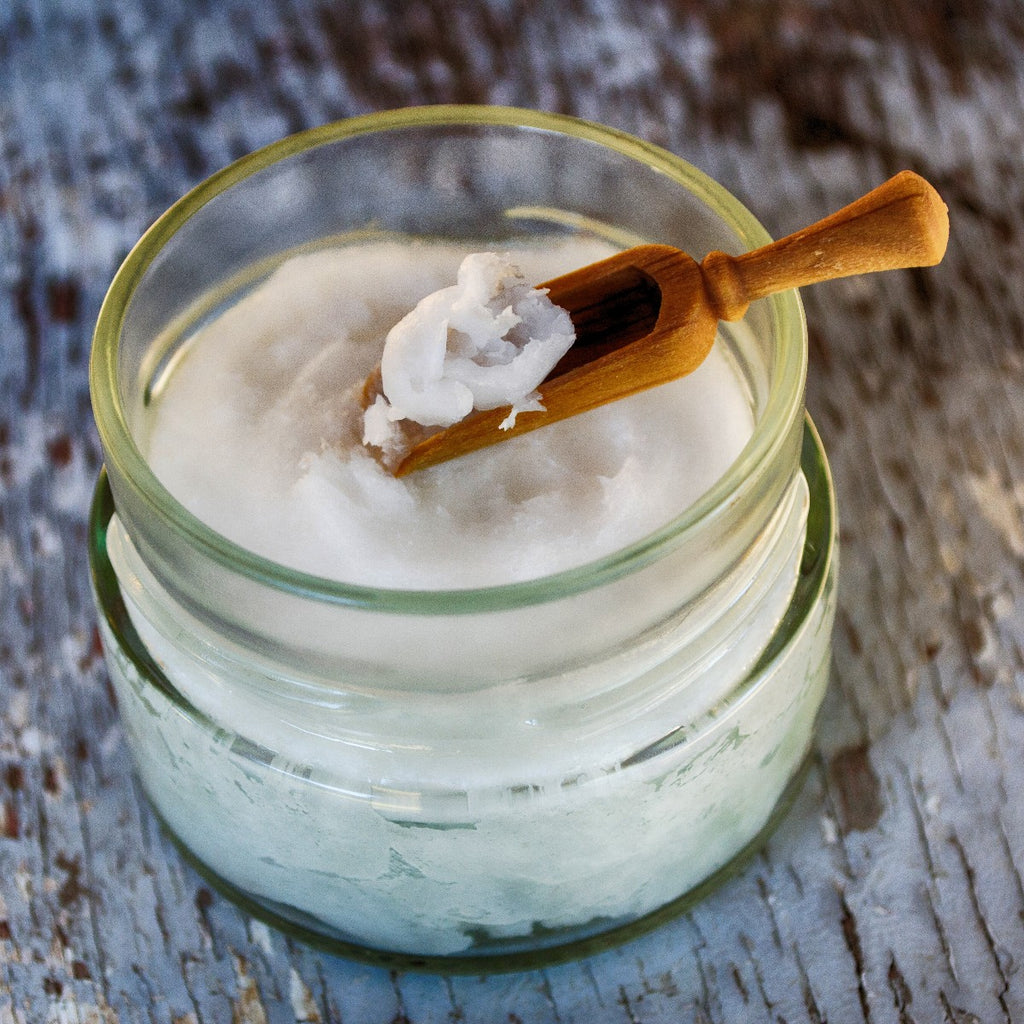Does Saturated Fat Clog Arteries?
Ever since the misleading article regarding coconut oil causing heart disease, I've had numerous patients ask me about saturated fat and coconut oil.
This has lead to a lot of wonderful conversations about fats and what they do for our bodies. Because I’m only one person and I can only have one conversation at a time, I thought sharing the information here would be a great way to share the information with our whole community.
What does Fat do in our Bodies?
The Earth doesn’t create “bad” substances, even though fat has been villainized in the past decades it’s actually a vital part of our functioning body. Like anything in excess, it can cause problems but we need fat to survive—and we can’t make it ourselves.
Fats help us to regulate our energy, they store nutrients like vitamins A, D, E, and K. Fats make up our cell membranes and much of our brains, coat our nerves, lubricate our joints, and they help transport hormones and minerals through the bloodstream.
What is the Difference Between Saturated and Unsaturated Fats?
The difference between saturated and unsaturated fats is actually chemistry.
Saturated fats have no double-bonds, they are totally ‘saturated’ with hydrogen. These are easy to see because they’re solid at room temperature. Animal fats, coconut oil, and dairy products are all saturated fats.
Unsaturated fats have one or more double bond in their chemical structure. These are liquid at room temperature and are things like olive oil, avocado, safflower and canola oil.
Both saturated and unsaturated fats offer energy and they add calories to your meals.
Does Saturated Fat Clog Arteries?
This is the question we’re here to answer, and the short answer is no.
Research suggests that heart disease is due to chronic inflammation caused by a combination of lack of exercise, stress, and a diet filled with processed foods—what kind of fats come with processed foods? Saturated fats. And all of the sudden, fats take all the heat!
In reality, saturated fats on their own have little to do with heart disease—in an article published in the British Journal of Sports Medicine, three cardiologists found that saturated fats found in butter, lard, sausage, bacon and cream cheese do not clog the arteries.
The experts involved in this research argue that existing evidence shows no association between the consumption of saturated fat and the risk of cardiovascular disease, diabetes and death! So what did they suggest?
- Taking a brisk walk for 22 minutes daily.
- Eating real foods and avoiding processed foods and refined carbs.
- Minimizing stress as chronic stress promotes more inflammation.
- Proper sleep.
Coronary artery disease is a chronic inflammatory disease that is typically treated with statins, which often have minimal benefits and lots of potential side effects.
Coconut Oil Does Not Cause Heart Disease
In 2016, a paper came out saying that coconut oil isn’t healthy because it raises LDL cholesterol as much as other saturated fats and people with heart disease tend to have higher LDL. However, heart disease and cholesterol levels are a lot more complicated than that.
The body uses LDL to coat or smooth places within the arteries that are irritated or damaged, this means that increased LDL is the body’s response to something like chronic inflammation or too much pressure on the arterial walls causing a thinning/cracking.
Yes, the consumption of fat offers the building blocks of cholesterols, and that’s a good thing, our bodies need cholesterols. Coconut oil does not create the body’s need to create LDL or to accumulate it in the arteries.
In fact, coconut oil offers benefits within the body that decrease the need for the body to create LDL over time. It is packed with anti-inflammatories, has a high mineral content, helps with digestion of nutrients, and is used as a good fat during times of adrenal fatigue.
It gives me great satisfaction to see growing research proving that coconut oil and other saturated fats don’t cause heart disease. Enjoy and Stay Pure Friends!
Do you use Coconut Oil? Share your favorite recipe in the comments below!
** Disclosure: This article is for informational purposes only and is not to be considered medical advice. If you are in need of medical advice, please seek the appropriate medical counsel.
References:
https://www.livescience.com/9109-fats-body.html
https://www.verywellhealth.com/difference-between-saturated-fats-and-unsaturated-fats-697517
https://www.ncbi.nlm.nih.gov/m/pubmed/28442474/
https://www.health.harvard.edu/heart-disease-overview/coconut-oil-heart-healthy-or-just-hype
https://www.healthline.com/health/high-cholesterol/why-is-cholesterol-needed#types-of-cholesterol
Stock image from Dana Tentis


0 comments